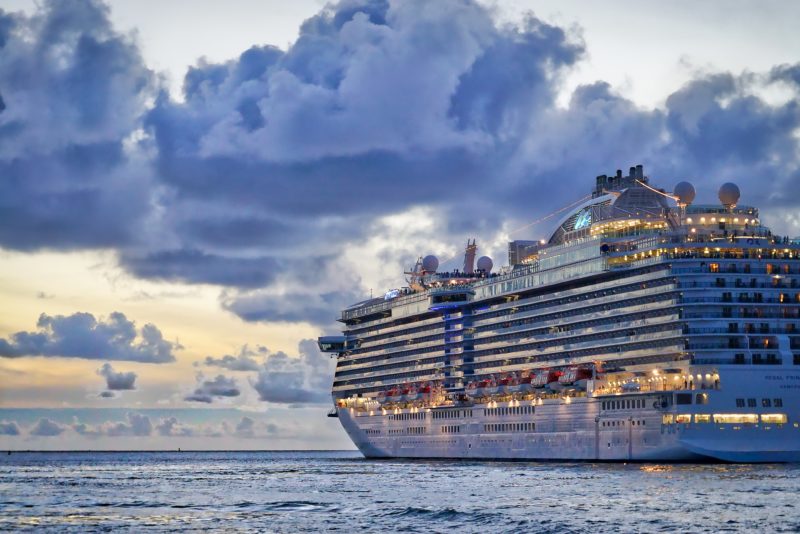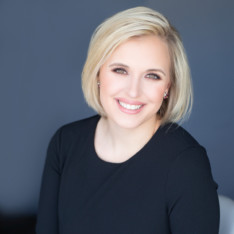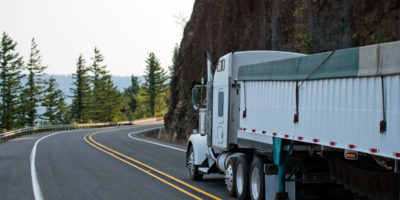Cruise Ships Respond to Dorian, Hauling Doctors and Supplies to the Bahamas

Voluntary exchange is an ancient practice, and the idea of economics as the science dealing with private property and business enterprises is older than you might think. That’s because exchanging is in human DNA and so is being charitable with the fruits of one’s labor.
After Category 5 Hurricane Dorian ravaged the Bahamas, many wondered if locals would be able to recover and how long it would take. Worse yet, they asked whether the government would ever do right by the victims of this natural disaster. Needless to say, most news outlets completely ignored the incredible ways the private market had already started to help while nobody was paying attention.

Others that responded to the hurricane destruction by using their own resources include the Royal Caribbean, Norwegian, Carnival, Disney, and others that helped thousands of stranded people who were forced from their homes and who had been suffering without food or running water. In addition to these efforts, these companies also donated millions to natural relief funds.
As highlighted in this New York Times article, while only the Bahamas Paradise and Royal Caribbean ships are ferrying passengers to safer locations, seeing companies take action by either removing victims from impacted territory or by bringing in medical help and aid long before government arrives is precisely the kind of response you’d expect from the private market.
After all, private companies, especially those that operate in the region, are much more equipped to know just what victims need and to act fast in the face of disaster. The government, with its bloated and bureaucratic structure, requires a lot of resources while spending a considerably greater amount of money to take action. What’s worse, their efforts sometimes are poorly coordinated, failing those who need help the most.
While cruise ships helping Dorian victims are the latest examples of private companies acting promptly after a natural disaster, this is hardly the only time it’s happened. Companies like Walmart, for instance, have even created their own natural disaster response teams, putting together an Emergency Operations Center (EOC) that coordinates efforts with other groups, nonprofit organizations, and local and state emergency management officials.
In disasters such as Hurricane Matthew, the company provided thousands of water bottles and other supplies to victims. And after Hurricane Florence, Walmart was the only place open in certain areas of North Carolina, and one of the few companies that donated food and other supplies to evacuees.
And after the horrific Katrina natural disaster, it was Walmart that was there to deliver trucks full of supplies to people who had lost everything. In Waveland, Mississippi, where Walmart had been badly damaged because of the hurricane, Walmart workers even took their own inventory out into the parking lot, letting the community take what they needed.
“In other places, they broke into their own pharmacy to get drugs for local hospitals,” economist Steve Horwitz told NPR.
But Walmart isn’t the only private company to be there before the government. Home Depot has its own Hurricane Command Center and the Waffle House chain is often in the news for helping displaced locals during and after tragedies.
Like any veteran Midwesterner, I’m used to tornadoes and other severe weather.
Needless to say, I’ve seen enough of them to know that in difficult times, when nothing is open and people need access to important goods, private companies, charities, and neighbors step up — not government agencies.









